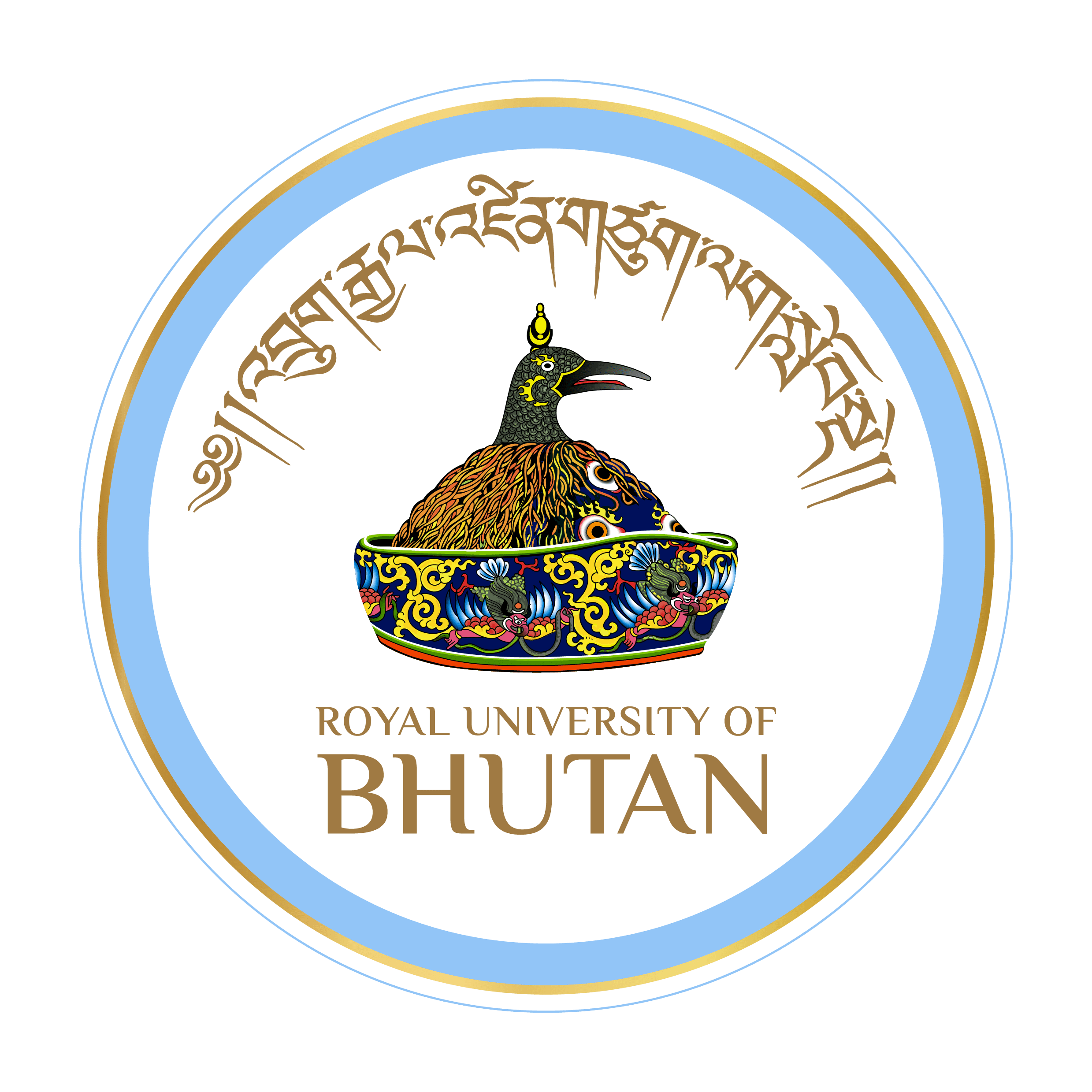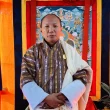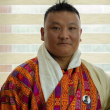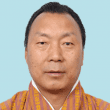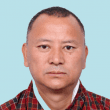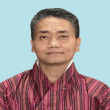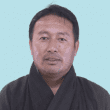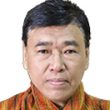Higher Education Teaching-Learning In Bhutan: Innovations, Adaptations, Opportunities and Challenges
Conference: July 4th-5th, 2022 at RTC, Thimphu
Key deadlines: December 20, 2021 – Abstracts due; May 2, 2022 – full draft paper due
For further information and abstract submission, email citl@rtc.bt
Co-Hosted by:
- Centre for Innovative Teaching and Learning (CITL), Royal Thimphu College (RTC) – citl@rtc.bt
- Centre for Innovation in Educational Practice and Research (CIEPR), Samtse College of Education (SCE)
- Centre for Educational Research and Development, Paro College of Education (PCE)
In partnership with: Department of Adult and Higher Education, Ministry of Education
Conference objectives:
- Consolidate actual on-the-ground experiences and data on higher education teaching-learning in Bhutan;
- Provide a platform to share innovations, adaptations, and challenges in higher education in recent years;
- Create space for academics to engage in creative thinking on teaching and learning in higher education as a continuous curriculum enhancement and innovation process;
- Discuss ways forward for adoption of innovative and adaptive practices.
Anticipated themes:
- Student learning experiences, motivation, and student-centred learning environments
- Teaching experiences, challenges, innovative practices – teaching, learning and assessment
- Technology and higher education
- Preparedness beyond college life – successful and meaningful graduate outcomes, life-long learning, and transversal skills
- Inclusiveness in higher education – learning difficulties and disabilities
- Organizational issues and challenges in higher education – policy and leadership, human resource development and management
- Internationalization of Higher Education
Conference and publication format: One of the main aims of the conference is to enhance scholarship on teaching-learning in higher education in Bhutan. Hence, an issue of the RTC academic and research journal Rig Tshoel will be dedicated for a special publication in 2022 following the July conference. All presenters selected to present in the conference will have to work closely with designated publishing editors to be able to publish with the journal. The conference and publishing process will provide peer and editorial feedback in improving works in progress prior to publication.
Requirement for abstract: to answer to the call for abstracts, submit your title and abstract (not more than 500 words), or your research paper if already drafted, by 20th December 2021 to citl@rtc.bt. Preference will be given to abstracts that resonate with the conference’s themes. If you have any questions on the themes please feel free to write to us.
The first full draft of the paper is due on 2nd May 2022; to participate in the conference, submission of the full draft paper is compulsory. The draft will be subjected to initial peer and editorial review and acceptable submissions will be finalized for the conference. Participants should be open to making appropriate enhancements and changes to their papers and adhere to the general conference presentation guidelines. Presentation slides will be requested by mid-June for final vetting.
Conference Background: Bhutan’s journey of mass modern education started in 1955, and by 1959, Bhutan had 11 primary schools with about 440 students studying (His Majesty, Royal Kasho on Education Reform, 2021). According to the Ministry of Education’s 2020 Annual Education Statistics, there are 1,132 schools and other education institutes with 191,553 students enrolled in the country. The tertiary enrollment in 2020 was at 12,297 across all tertiary institutions within Bhutan.
Tertiary education in Bhutan began in 1983 with the upgradation of Sherubtse Junior College to an undergraduate degree college. The Royal University of Bhutan (RUB) was established on 2nd June 2003 by Royal Charter. At present there are 11 RUB colleges, of which 9 are constituent public colleges and 2 are affiliated private colleges. There are two higher education institutions (HEIs) besides RUB, the Khesar Gyalpo University of Medical Science and Jigme Singye Wangchuck School of Law. According to the 2020 Annual Education Statistics report, the tertiary enrollment rate in Bhutan is 4.4%; the female enrollment rate is slightly lower at 48.6% compared to male enrollment rate. At present there are 766 faculty members in tertiary education, of which 69.7% are male.
According to RUB’s Annual Report 2019, 62% of graduates gained employment within a year of graduation for students graduating from the RUB public colleges. However, the unemployment rate stood at 5% in 2020 with a 22.6% youth (age 15-24 yrs) unemployment rate. The highest unemployment rate is amongst persons with Bachelor’s degrees at 17.8%, followed by higher secondary (16.3%) and diploma (10.6%) education holders according to NSB’s Labour Force Report 2020.
The Royal Kasho announced on 17th December 2020 for education reform in Bhutan calls for a relook into the current education practises in Bhutan to make education current, relevant and adaptive to the fast changing digital world. It also calls for the education fraternity in Bhutan to revisit our current teaching learning practices to align with 21st century challenges and opportunities.
Historically, training on teaching and learning amongst teachers in higher education has been underemphasized. Most HEIs around the world require lectures/professors to have subject specializations with Masters degrees or PhD qualifications in their field of study to be hired to teach, and emphasize research excellence over teaching excellence. Faculty members are considered subject specialists, and hence assumed to have the ability to teach the subject matter. However, this trend is changing worldwide. The need for faculty to be trained in teaching and learning at the HEIs is a growing trend. Many renowned universities globally have their own teaching-learning research and development centres that provide professional on-site support and training to their teaching staff. In Bhutan, the Royal Academy has implemented an on-site Teacher Development Centre.
The need for dialogue and discussion in higher education teaching-learning practices, also known as scholarship on teaching learning (SOTL), is felt now more than ever. Beyond the continuous challenge of ensuring meaningful graduate outcomes, the COVID-19 pandemic has disrupted education at all levels and stimulated rethinks about numerous core assumptions in educational practice — what is essential, what is not, what works well, what does not, challenges and opportunities for student learning independence, and the role of technology — among others.
Some of the most urgent questions for higher education in Bhutan are; how can we teach, support, and groom graduates who go on to lead purposeful lives and who are well-rounded citizens of the country? How do we develop our graduates into 21st-century skilled individuals that can compete in the domestic and international labour market? How do we leverage their digital nativity for productive learning? How do we teach higher education students to be lifelong learners?
The Royal Thimphu College, with its vision to inspire education by contributing to educational excellence in Bhutan, has initiated a Centre for Innovative Teaching and Learning (CITL) to inspire innovative teaching and learning culture on-site at RTC and beyond. Recognizing the potential value of gathering together a wide range of higher education teaching-learning experiences over recent years, the CITL in collaboration with CIEPR and CERD proposes a conference on “Higher Education Teaching-Learning In Bhutan: Innovations, Adaptations, and Challenges”, to be held July 4-5, 2022, at RTC, Thimphu.
